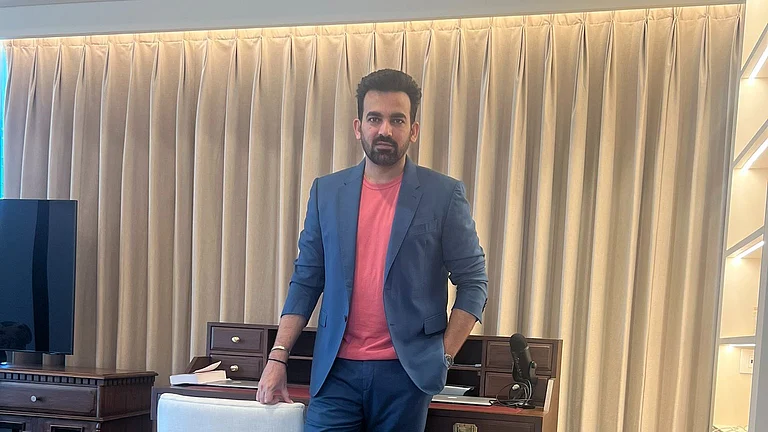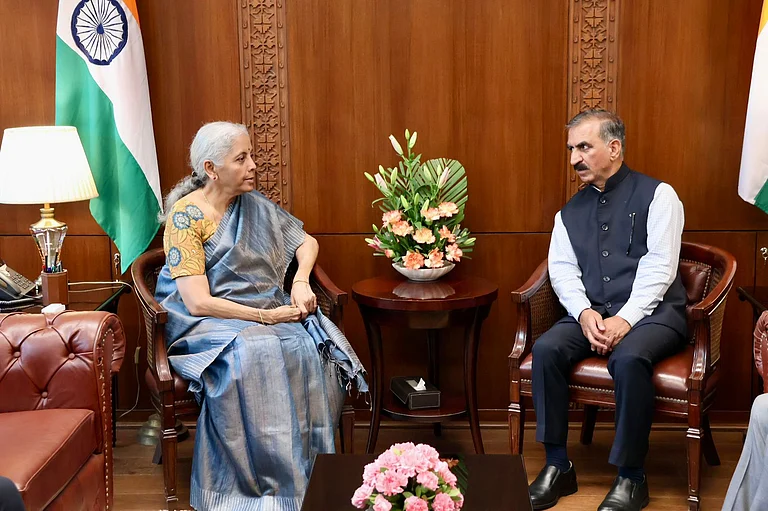Prime Minister Narendra Modi led a productive meeting with the Union Council of Ministers at the newly constructed convention centre in Pragati Maidan, emphasized the need to extensively communicate the government's extensive development work over the past nine years to the public. The meeting, held ahead of the G20 summit scheduled in September at the same venue, witnessed presentations on India's growth trajectory and the vision to position the country as a global leader by 2047, marking its centenary of independence.
Termed as the "Amrit Kaal" or golden era for India, PM Modi underscored the significance of the upcoming years and acknowledged the challenges faced globally. The meeting also highlighted PM Modi's recent successful state visit to the United States, where he engaged in fruitful discussions with President Joe Biden over three days. The discussions also encompassed PM Modi's visit to Egypt.
Expressing his satisfaction with the meeting, PM Modi took to Twitter, stating, "A fruitful meeting with the Council of Ministers, where we exchanged views on diverse policy-related issues."
The gathering has sparked speculation about a potential Cabinet reshuffle, given the series of high-level meetings within the ruling Bharatiya Janata Party (BJP).
The period before the Monsoon Session of Parliament, scheduled to commence on July 20, is seen as the final window for any potential reshuffle, intensifying the buzz surrounding the matter.
Notably, Prime Minister Modi had convened a crucial meeting on June 28, engaging prominent leaders such as Amit Shah and JP Nadda, among others, to meticulously assess the state of the party's organization and political affairs.


























